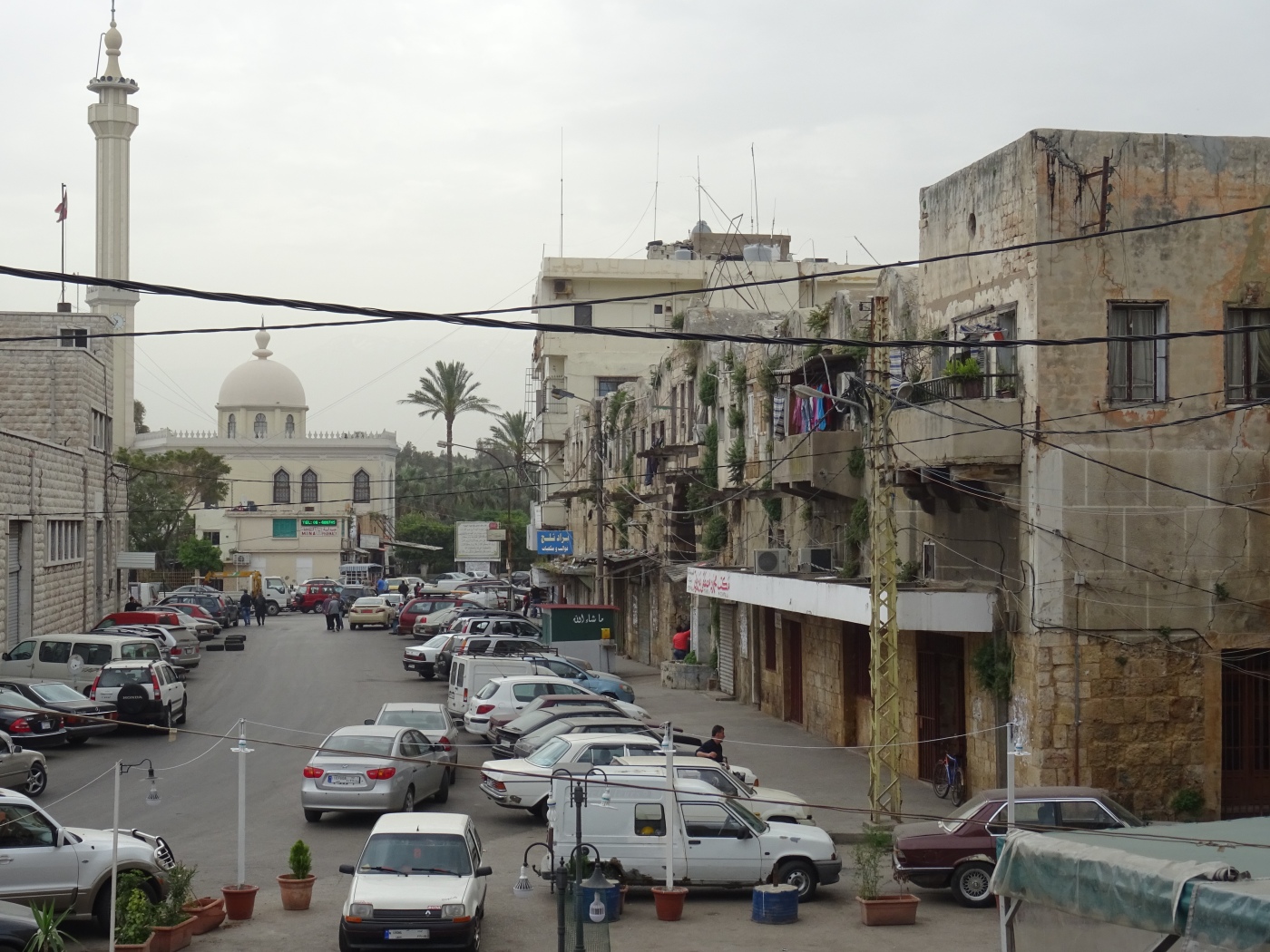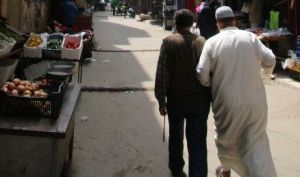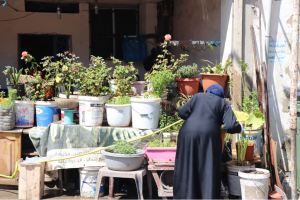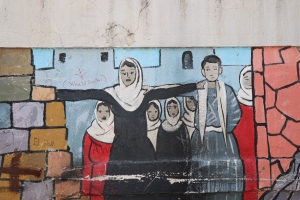Local faith communities are often the first responders to communities affected by conflict and displacement, providing food, shelter and other material needs in addition to providing spiritual and pastoral support (Kidwai and Fiddian-Qasmiyeh, 2017). For instance, local communities and local faith-based organizations have been delivering aid and providing spiritual support to Syrian refugees in Jordan and Lebanon (Pacitto and Fiddian-Qasmiyeh 2013; El-Nakib & Ager 2015).
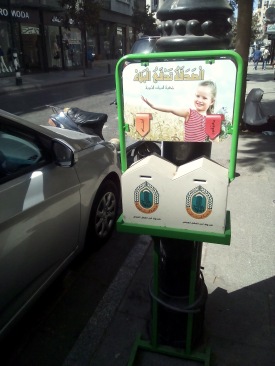
With around 90% of all refugees living in cities, towns and camps across the global South, and with displacement being increasingly protracted in nature, this also means that refugees live alongside the members of local faith communities for many years at a time within the global South.
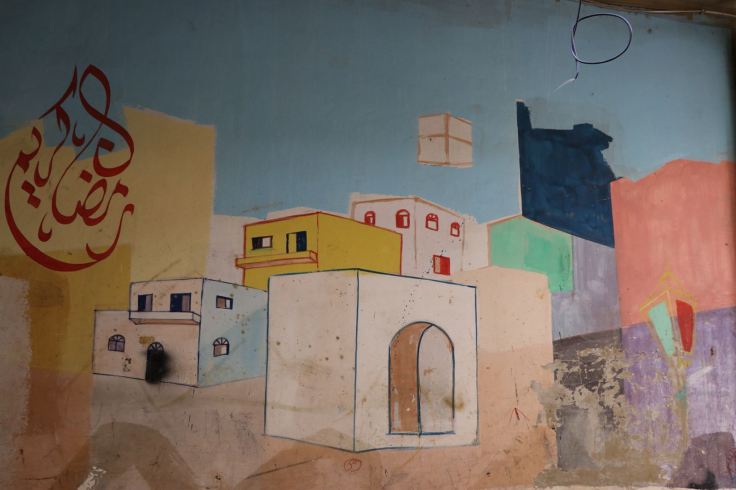
Increasingly, international agencies (such as the UNHCR) and international non-governmental organisations are engaging local faith-based organisations to support the delivery of aid. Indeed, faith-based humanitarian assistance can be idealized as a means of delivering aid and in developing a sense of spiritual solidarity and empathy between aid providers and recipients, both in life and in death (Fiddian-Qasmiyeh 2011). However the reality of engaging with and working through local faith based communities is much more nuanced than this (Fiddian-Qasmiyeh 2011, 2017; Carpi, 2018).
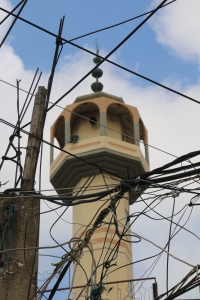
The Southern Responses to Displacement project aims to critically analyse the power relations that underpin Southern responses to conflict-induced displacement from Syria, including local and transnational faith-based responses in and from the global South.
Recommended reading on Faith-Based Humanitarianism and Assistance in the Global South:
As part of the South-South cooperation and humanitarianism framework, scholars have tackled faith-based organisations and forms of assistance as a self-standing body of literature, or as a way to connect religion and assistance provision debates to the broader field of humanitarian and development practices, policies, and experiences. The following literature examines the role of religion in motivating, shaping, and promoting humanitarian action in the global South.
Ager, J., Fiddian-Qasmiyeh, E. and Ager, A. (2015) “Local Faith Communities and the Promotion of Resilience in Contexts of Humanitarian Crisis”, Journal of Refugee Studies, 28 (2): 202- 221.
Arif, Y. (2008) “Religion and Rehabilitation: Humanitarian Biopolitics, City Spaces and Acts of Religion”, in International Journal of Urban and Regional Research, 32 (3): 671-689.
Benthall, J. and Bellion-Jourdan, J. (2003) The Charitable Crescent: Politics of Aid in the Muslim World. London: I.B. Tauris.
Benthall, J. (2008) “Have Islamic Agencies a Privileged Access in Majority Muslim Areas? The Case of Post-Tsunami Reconstruction in Aceh (Indonesia)”, Journal of Humanitarian Assistance (Online).
Bergen, J. (2003) “Religious Non-governmental Organizations: an Exploratory Analysis”, International Journal of Voluntary and Non-Profit Organisations, 14 (1): 15-39. Baltimore, MD: International Society for Third Sector Research and the John Hopkins University.
Bornstein, E. (2005) The Spirit of Development: Protestant NGOs, Morality, and Economics in Zimbabwe. Stanford, CA: Stanford University Press.
Cammett, M. (2014) Compassionate Communalism: Welfare and Sectarianism in Lebanon. Ithaca, NY: Cornell University Press.
Carpi, E. (2018) ‘Does Faith-Based Provision Always Localise Aid?‘ Refugee Hosts, Jan 2018.
Carpi, E. (2018) “Reflections on Faith-Based Solidarity and Social Membership: Beyond Religion? The Case of Lebanese Shiite FBOs”, Caucasus International. Available at: http://cijournal.az/post/reflections-on-faith-based-solidarity-and-social-membership-beyond-religion-the-case-of-lebanese-shiite-fbos-by-estella-carpi.
Clarke, G. and Jennings, M. (2008) Development, Civil Society and Faith-Based Organisations. Bridging the Sacred and the Secular. London: Palgrave Macmillan.
Fiddian-Qasmiyeh, E. (ed) (2016) Gender, Religion and Humanitarian Responses to Refugees, MRU Policy Brief.
Fiddian-Qasmiyeh, E. (2015) “Engendering Understandings of Faith-Based Organisations: Intersections between religion and gender in development and humanitarian interventions,” in A. Coles, L. Gray, and J. Momsen (eds) Routledge Handbook of Gender and Development, London: Routledge. pp. 560-570.
Fiddian-Qasmiyeh, E. (ed) (2011) Special Issue on “Faith Based Humanitarianism in Contexts of Forced Migration,” Journal of Refugee Studies, 24(3), Sep. 2011.
Fiddian-Qasmiyeh, E. and Ager, A. (eds) (2013) Local Faith Communities and the promotion of resilience in humanitarian situations, RSC/JLI Working Paper 90, Oxford: Refugee Studies Centre, February 2013.
Fiddian-Qasmiyeh, E. and Pacitto, J. (forthcoming/2018 ) “Southern-led faith-based responses to refugees: insights for the global North,” in Schewel, B. and Wilson, E. (eds) Religion and European Society, Oxford: Wiley. (forthcoming/2018)
Fiddian-Qasmiyeh, E. and Pacitto, J. (2015) “Writing the Other into Humanitarianism: A conversation between ‘South-South’ and ‘faith-based’ humanitarianisms,” in Z. Sezgin and D. Dijkzeul (eds.) The New Humanitarianisms in International Practice: Emerging Actors and Contested Principles. Oxford: Routledge.
Fiddian-Qasmiyeh, E. and Qasmiyeh, Y.M. (2017) ‘Refugee-Refugee Solidarity in Death and Dying,’ 2017 Venice Bienalle Tunisian Pavillion: The Absence of Paths, May 2017.
Jawad, R. (2009) “Religion and Social Welfare in the Lebanon: Treating the Causes or Symptoms of Poverty?”, Journal of Social Policy, 38: 141-156.
McDuie-Ra D. and Rees J. A. (2010) “Religious Actors, Civil Society and the Development Agenda: the Dynamics of Inclusion and Exclusion”, Journal of International Development 22: 20-36.
Zbeidy, D. (2017) ‘Widowhood, Displacement and Friendships in Jordan,’ Refugee Hosts, Dec. 2018.
Featured Photo: A mosque in Baddawi camp, N. Lebanon. (c) E. Fiddian-Qasmiyeh, 2018
